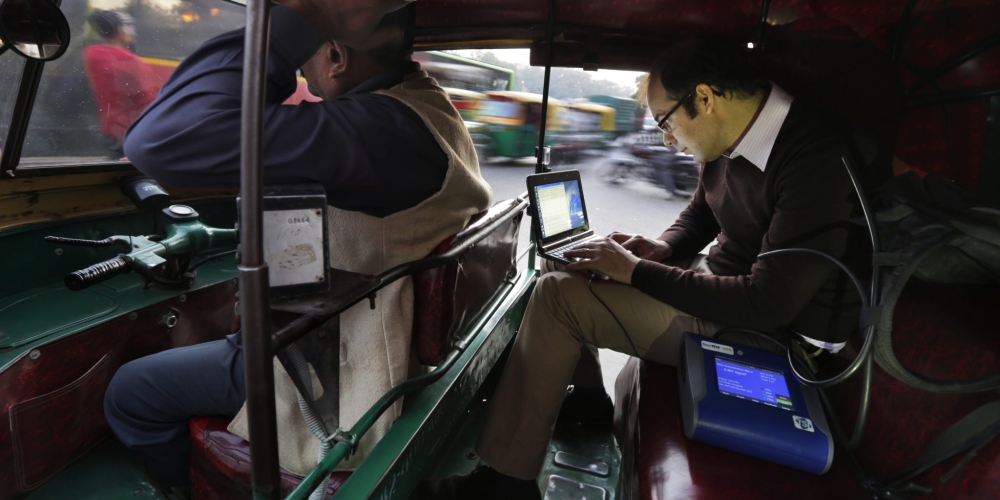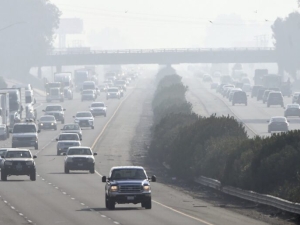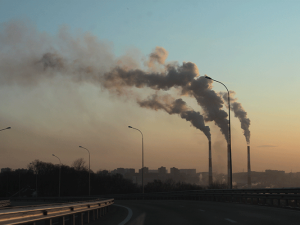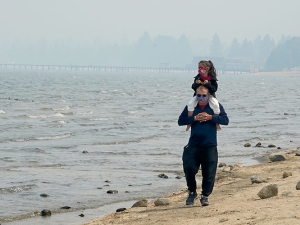

Research Bio
Joshua Apte is an assistant professor jointly appointed in the School of Public Health and the Department of Civil and Environmental Engineering. He holds an ScB in Environmental Science from Brown University (2004) and MS and PhD degrees in Energy and Resources from UC Berkeley (2008, 2013). Prior to joining UC Berkeley, he was an Assistant Professor in the Department of Civil, Architectural and Environmental Engineering at the University of Texas at Austin from 2015-2020.
Apte’s research focuses on air pollution.
Research Expertise and Interest
air pollution, Atmospheric Aerosol, exposure assessment, risk assessment, environmental justice, environmental engineering, environmental sensors, climate change mitigation, environmental issues in developing countries
In the News
Electric Trains Are Quieter, More Reliable, and Healthier Than Diesel
California Has Dramatically Improved Its Air Quality, but Racial Disparities Persist
50 Years After Being Outlawed, Redlining Still Drives Neighborhood Health Inequities
Racial Gap in Air Quality May Persist Under Biden Program, Study Finds
Study Shows More Air Pollution in Areas of Historical Redlining
New study shows how air pollution varies block by block
How much wildfire smoke is infiltrating our homes?
Featured in the Media
Air pollution killed more Indians last year than any other risk factor, and Delhi is among the most polluted cities in the country. But the burden is unequally shared. Children from poor families in Delhi spend more of their lives outdoors. Their families are more likely to use wood-burning stoves, which create soot. They can't afford the air filters that have become ubiquitous in middle-class homes. And often, they don't even think much about air pollution, because they face more pressing threats, like running out of food. Joshua Apte, a pollution scientist at the University of California, Berkeley, helped with The New York Times study's research design, showing that pollution can shave years off a child's life.







